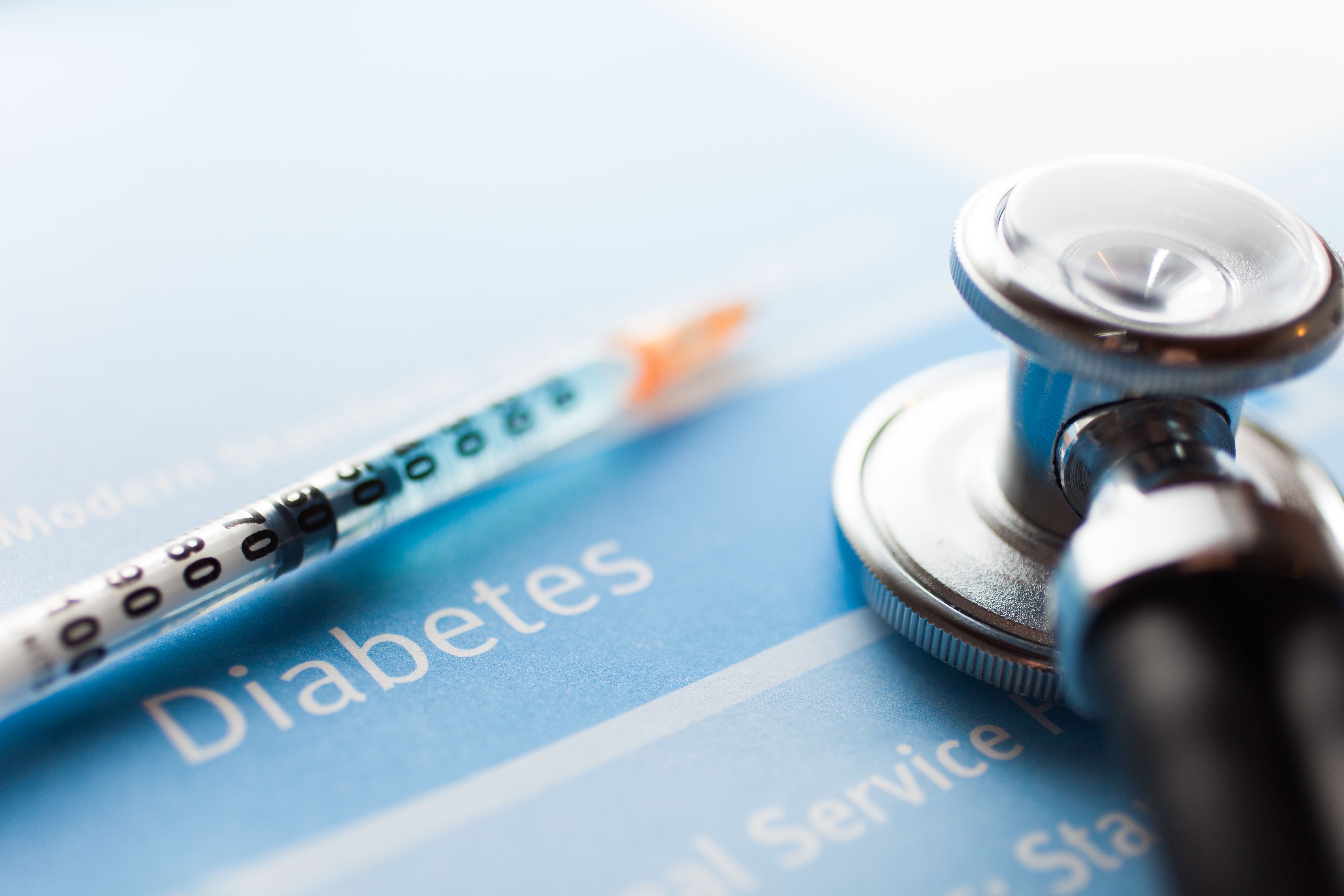
Diabetes Care Advances: Progress Yet Insufficient
TL/DR –
The increasing prevalence of diabetes in the United States, with a 30-40% increase over the last 20 years, suggests that prevention efforts are failing, according to Mohammed K. Ali, MD, from Emory University. The National Diabetes Statistics Report by the CDC reveals that 13.2% – or 38.4 million – Americans are affected, with around 77% being aware of their condition, and that an estimated 98 million have prediabetes, with only 15 million of these aware. Problems with access to treatment, particularly insulin, and a lack of education about the disease were cited as key issues within the discussion at the American Diabetes Association 84th Scientific Sessions.
Escalating Diabetes Prevalence Signifies Failing Prevention Efforts in the US
During the 84th Scientific Sessions of the American Diabetes Association, Dr. Mohammed K. Ali of Emory University expressed concerns over the rising prevalence of diabetes, suggesting a failure in US diabetes prevention efforts. 
As per the National Diabetes Statistics Report by the CDC, over 13% of Americans (approximately 38.4 million people) suffer from diabetes, marking a 30-40% increase over the last two decades. Notably, only about 77% (roughly 29.4 million) of these sufferers are aware of their condition. Furthermore, there are about 98 million prediabetes cases, with only around 15 million of these individuals knowing they have it.
Healthcare professionals like Keri J. Whitaker, RN from AdventHealth Orlando, and Dr. Irl B. Hirsch from the University of Washington, stress the importance of education and access. They both argue that the patchy healthcare system and insurance complications frequently prevent patients from receiving adequate treatment.
Hirsch states that despite significant progress in diabetes care, many patients still struggle to access insulin due to political factors surrounding healthcare. He urges healthcare providers to engage with local politicians and state representatives to facilitate change.
Along the same lines, Dr. Aaron N. Winn from the University of Illinois Chicago, speaks out about the current pharmacy benefit managers (PBMs) and pharmaceutical companies negotiations, hinting at the consequences endured by patients due to such agreements.
Dr. Winn also discusses the Inflation Reduction Act (IRA) which caps insulin copays for Medicare patients at $35 and aims to limit all patient prescription copays over time. However, he observes that the IRA only impacts Medicare and does not apply to Medicaid or private insurers, leaving room for further improvements.
In conclusion, Winn notes that Medicaid, funded by state governments, often lacks the funding needed for comprehensive coverage. He further calls for national legislation to regulate the amount individuals should pay monthly for healthcare.
Reference
Huang ES, Ali MK, Whitaker KJ, Winn AN, Laiteerapong N, Hirsch IB. Health Care Policy and Diabetes—How to Improve Population Health from Multiple Perspectives. Presented At: ADA 84th Scientific Sessions; June 21-June 24, 2024; Orlando, Florida.
—
Read More Health & Wellness News ; US News
